Reef Credits: A win for farmers and for the Great Barrier Reef
Working in partnership to reward improved land management and unlock new capital
The Reef Credits Scheme is a voluntary environmental market that addresses the issue of poor water quality at the Great Barrier Reef by paying land managers for improved water quality resulting from their on-farm actions, without compromising the productivity of their land.
GreenCollar works in partnership with farmers, graziers and other land managers to develop projects that align with farming business goals. Projects focus on reducing the flow of nutrients, namely dissolved inorganic nitrogen (DIN), to the Great Barrier Reef through improved cropping practices or by establishing wetlands. Repairing gullies also generates Reef Credits by preventing fine sediment erosion on agricultural land. Each Reef Credit is a tradeable unit representing a quantifiable amount of nutrient or sediment prevented from entering the Great Barrier Reef
Reef Credits are sold to businesses, investors, philanthropists and governments seeking to reach water quality targets or achieve corporate sustainability outcomes. The revenue generated from Reef Credits provides land managers with an additional and diversified income stream that can support ongoing improved practices.
Eco-Markets Australia is the independent administrator of the Reef Credit Scheme. It ensures the integrity of the scheme, and every Reef Credit generated, by applying clear and robust rules to independently audit and verify water quality improvements to ensure they are real, additional and permanent.
View our projects
Key Benefits
- Improved soil health and increased productivity
- improved business sustainability.

- Receive a regular and diversified income stream from Reef Credits for 10-25 years
- get support to complete capital intensive works such as wetland construction and gully repairs
- enable adoption of land management best practice and innovation
- reinvest into primary production.

- Each Reef Credit represents 1kg Dissolved Inorganic Nitrogen or 538kgs of sediment prevented from entering the Great Barrier Reef.

Methodologies
Reef Credits are issued to projects that meet the strict requirements of Reef Credit methodologies. Methodologies describe how the improvement in water quality, or Reef Credits is quantified.
Three Reef Credit methodologies have been approved so far, with more being developed under the Reef Credit Standard.
This method earns Reef Credits through quantified reductions in the amount of dissolved inorganic nitrogen (DIN) flowing to waterways and the Reef through improved nutrient management practices.
Reducing DIN helps prevent algal bloom, which in turn prevents outbreaks of crown-of-thorns starfish, a breed of invasive starfish that eats new coral faster than it can grow.

Constructed Wetlands is a draft method pending final approval.
Constructed Wetland projects will earn Reef Credits based on measured reductions in dissolved inorganic nitrogen (DIN) flowing to the Great Barrier Reef.
Constructed Wetland treatment systems are engineered systems that replicate and enhance the physical, biological and chemical treatment processes that occur in natural wetlands. They hold water containing nutrients on site for longer to reduce runoff and erosion, and increase natural filtration.
They can remove up to 300kg of DIN per hectare, creating an emerging opportunity to turn less productive parts of the landscape into a diversified income stream that can be reinvested into your business.

This method earns Reef Credits based on quantified reductions in the amount of fine sediment flowing to the Great Barrier Reef from gully erosion. Remediation of gullies can include reshaping, revegetating, engineering control structures and managing grazing.
Fine sediment flowing to the reef from the land has an impact on the health of the Reef as it interferes with filter-feeding organisms, reduces coral recruitment, alters the quantity and quality of light available, and smothers corals. It can also affect reproductive cycles and early development of coral and some species of fish.

FAQ
Who can undertake a project?
Anyone who is a landowner or land manager can undertake a Reef Credit project. Find out more about project development here. To find if your project or your property is eligible please contact GreenCollar.
Who administers the Reef Credits Scheme?
The Reef Credits Scheme is administered by Eco-Markets Australia, an independent not-for-profit organisation. This is similar to other successful voluntary environment markets around the world and ensures the integrity of the market.
How much are Reef Credits worth?
The value of Reef Credits, like other environmental commodities such as carbon credits, depends on the supply and demand dynamics of the open market.
How are Reef Credit methodologies written?
Reef Credit methodologies can be written by anyone wishing to see particular types of projects developed. Methods must comply with the requirements of the Reef Credit Scheme. The initial methods have been developed through collaboration between GreenCollar, NRM organisations, researchers, government and an expert advisory panel of scientific and other stakeholders.
Do the methods use modelling or water quality monitoring to quantify Reef Credits?
Some methods use modelling and others use water quality monitoring depending on the type of activity and availability of peer reviewed models.
Is the Reef Credit market be voluntary or regulated?
The Reef Credit Scheme is voluntary.
How can various sectors support Reef Credit supply and demand?
Agricultural sectors can support the increase in Reef Credit supply by encouraging participation in the scheme. Land managers can earn additional, diversified income streams by undertaking activities that result in water quality improvements.
Corporates, government, philanthropists and other interested parties can support demand by purchasing Reef Credits to meet their environmental targets.
Is Reef Credits a grant scheme?
No. Reef Credits are a market-based, non-government approach to improving water quality at the Great Barrier Reef. Credits are only generated when a specific, measured outcome is achieved. Income is derived from the sale of these credits to buyers and can be reinvested into farming operations.
Work with us
Contact GreenCollar by phone or email to have an initial discussion or arrange a free Reef Credit assessment. We’re happy to arrange a site visit to determine whether a project is possible and which type of project best will generate Reef Credits.






